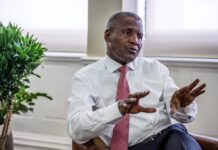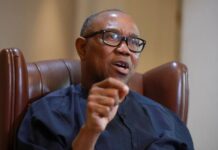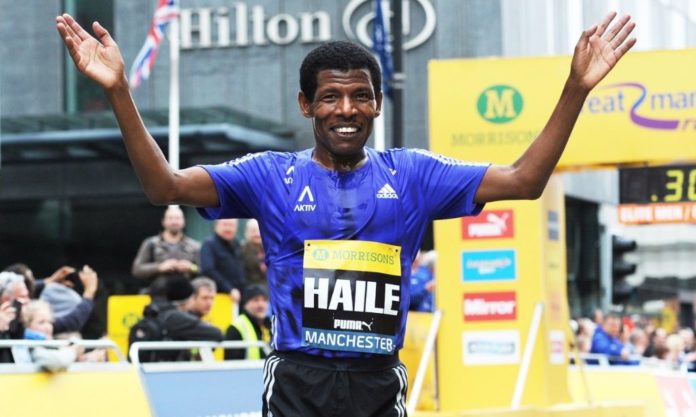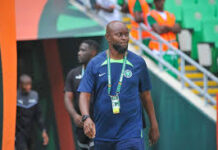Champion marathon and cross country runner Haile Gebrselassie says sports is a vehicle for driving social movement.
He is to take part in a walk, alongside World Health Organisation director-general Tedros Ghebreyesus in Geneva to raise awareness about health care ahead of the World Health Assembly scheduled to begin Monday in the city.
Dubbed “walk the talk”, similar walks have been held in cities across the world to raise awareness for causes, from universal health coverage to Ebola virus disease.
After 26 years on the track, Ethiopian long distance and road runner Gebrselassie has retired from active running, and now heads business organisation and philanthropic causes that employ hundreds of people.
Looking back on life lessons he’d learnt, he said late South African leader Nelson Mandela was a role model who’d had serious impact on him.
“He was a good example for everything. He taught us forgiveness, hard work, how to live in a country without revenge,” said the former athlete.
“He was a person who did everything, not just for Africa but the whole world.”
Standing in front of the United Nations office in Geneva, he told Daily Trust about his 26-year-long career.
His toughest rival has always been Kenyan athlete Paul Tergat, he said.
“I always think about him when I compete,” Gebrselassie recalled. “It was very hard to beat Tergat, and even if I beat him, it wasn’t easy. If there was no Tergat in a race, I conclude the race is my day, no problem, without any question. But when Tergat was there, wow!”
He said a controversial win over Tergat still remains fresh in the minds of fans throughout his 26-year-long career.
The 2000 Sydney Olympics was his best year and the best 10,000m he ever had between him and Tergat. But he beat the Kenyan by a 100th of a second.
“It was unbelievable. If you watch the video, people still think, who won that race, who is going to win.”
He admitted losing once in a marathon and cross country to Tergat, but never in track.
“In 1996, he beat me easy. I was not good at cross country. But even before then and now, we are friends. But in competition, we are not friends,” he said.
He still recalls the three hard rules he kept throughout his career.
“The food I eat, especially three hours before the race. I have to think always who is going to be there—which athlete, from where, how good is he in the middle or end of the race, how strong is he? And lastly my shoes, shorts, singlets have to be in perfect condition.”

























